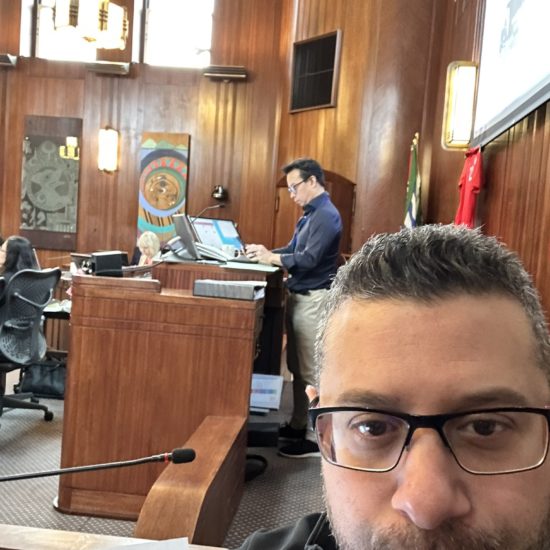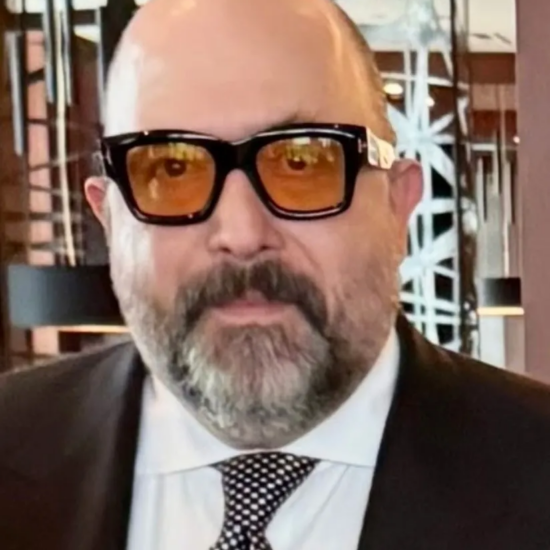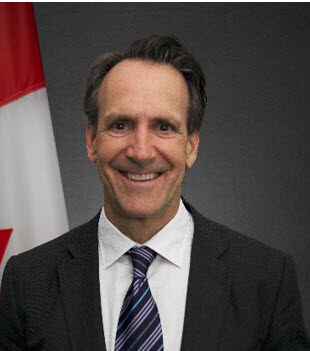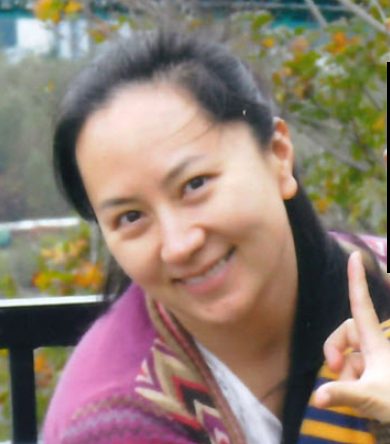
Bob Mackin
Meng Wanzhou was planning to briefly leave Vancouver International Airport during a layover to drop-off some belongings at one of her houses last Dec. 1, before authorities surprised her with an extradition warrant.
That, according to a statement of defence filed June 3 by the Canadian government in B.C. Supreme Court in response to Meng’s March 1 lawsuit that alleges her arrest and detention breached her civil rights.

Meng Wanzhou in Stanley Park (B.C. Supreme Court exhibits)
The Huawei chief financial officer was on her way to Mexico from Hong Kong, when she disembarked in Vancouver and was searched by Canada Border Services Agency officers. They eventually handed her over to RCMP officers who arrested her and took her to the nearby Richmond detachment.
The response to Meng’s amended civil claim names CBSA Officers Sowmith Katragadda and Scott Kirkland and RCMP Const. Winston Yep as defendants. It says that they all acted lawfully and in good faith. The agencies admit they demanded Meng’s phone numbers and passwords to her electronic devices, but they deny examining the contents of those devices.
The court filing says that CBSA officers at YVR were contacted by U.S. law enforcement on Nov. 30 with information that an extradition warrant may need to be executed on Dec. 1. No details of the subject were provided.
The warrant was issued Nov. 30 and Yep met with CBSA officers at the airport and informed them of the warrant. When Yep left the airport, Meng’s flight had not departed Hong Kong, so he was unable to confirm whether she had boarded. But CBSA confirmed the next morning that she was on the flight to Vancouver.
An alert was generated in the CBSA’s automated system that advised CBSA officers of her arrival. It automatically directed her to a secondary examination after the standard primary customs and immigration examination for all travellers.
“The plaintiff’s allegations that her Charter rights were violated, that the defendants acted unlawfully and that she suffered harm are without merit. The claim against the defendants should be dismissed with costs,” the statement of defence says.
Katragadda and Kirkland were among officers who checked passengers as they disembarked the plane. They accompanied Meng to the customs hall to claim her baggage. She made her declarations at the automated kiosk, which issued a receipt with a coded alert for CBSA officers to divert her too secondary screening.
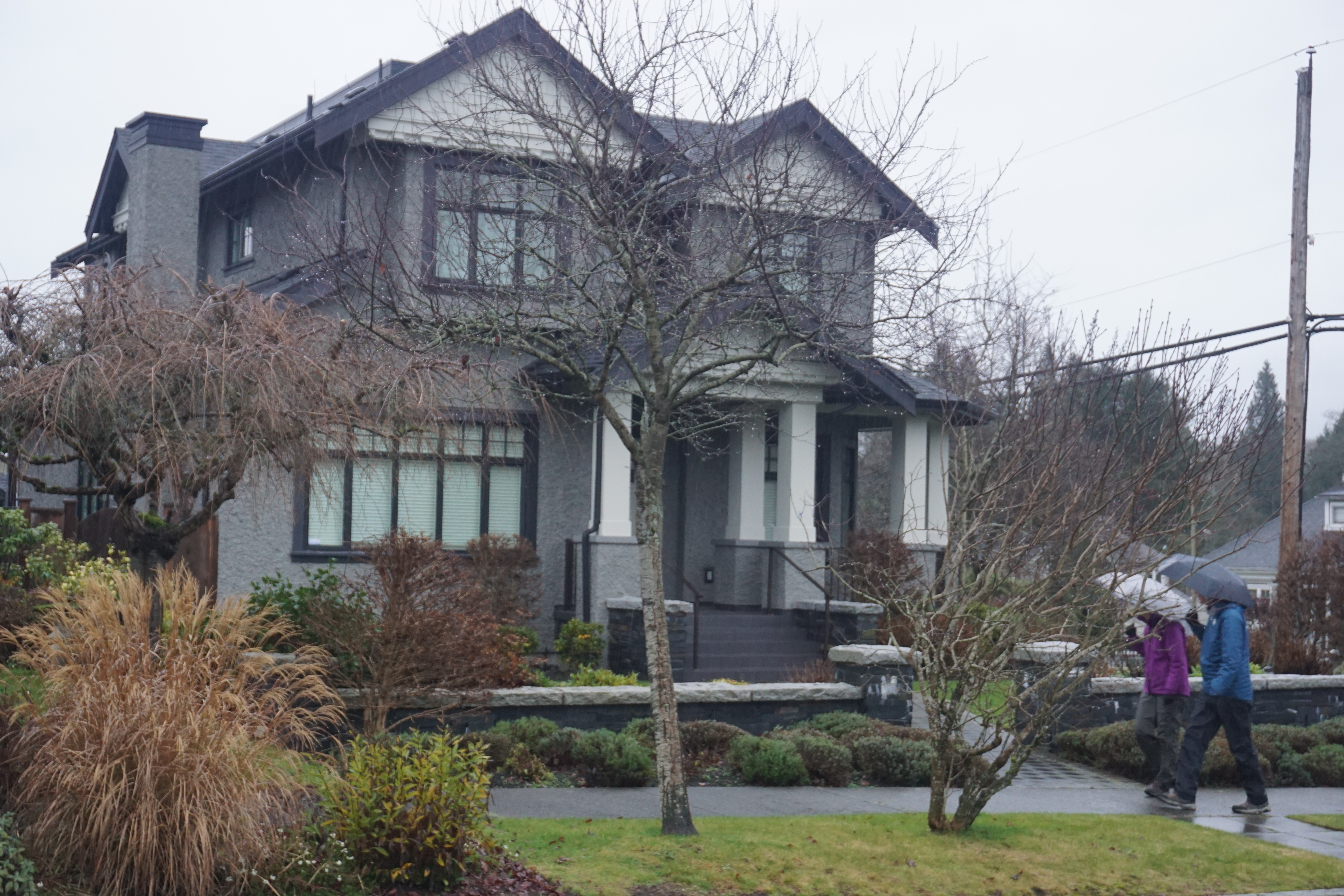
The $5.6 million 28th Avenue house where Meng Wanzhou must live while she awaits extradition to the United States (Mackin)
Katragadda discovered a laptop, computer tablet and USB storage device. He determined, after x-raying and searching her luggage, that there were no customs issues about the goods. At no time were the electronic devices removed from the counter.
Kirkland asked her to provide phone numbers and passwords, in case he had to examine the contents for customs or immigration purposes. He wrote it down in his notebook.
“At no time did any CBSA officer examine the contents of the electronic devices or the phones.”
Katragadda and other officers consulted with specialized government units including Immigration, Refugees and Citizenship Canada.
But they were not immediately available, because it was a Saturday.
But at no time during her customs and immigration examination by CBSA did Meng ask to speak with a lawyer.
Three hours elapsed, but CBSA claims it was “within the normal time range for secondary customs and immigration examinations” and that no RCMP officer was present.
Katragadda informed Meng that another government agency wanted to speak with her and that she was willing. He informed her it was the RCMP.
Const. Yep and another RCMP officer entered the room. He identified himself, informed her of the warrant and arrested her. He also informed her of her Charter rights and asked if she would like to speak with the Chinese consulate. Meng asked to speak with her lawyer in China.
RCMP then took control of her belongings, including a piece of paper containing her phone numbers and passwords, before they took Meng to the Richmond RCMP detachment.
She spent the next week-and-a-half in a women’s prison in a Vancouver suburb before her Dec. 11 release on strict bail conditions. She spent the next five months living under a curfew at her $5 million Dunbar house before moving recently to a $13 million mansion in Shaughnessy, on the same block as the residence of the local United States Consul General. The United States wants to try her on fraud charges, but she has claimed her innocence and is contesting the extradition as an abuse of process by American authorities.
Meanwhile, Meng’s case is back before a B.C. Supreme Court judge on June 6 to set dates and deal with applications from her lawyers. The actual extradition hearing won’t begin before 2020.
Support theBreaker.news for as low as $2 a month on Patreon. Find out how. Click here.







